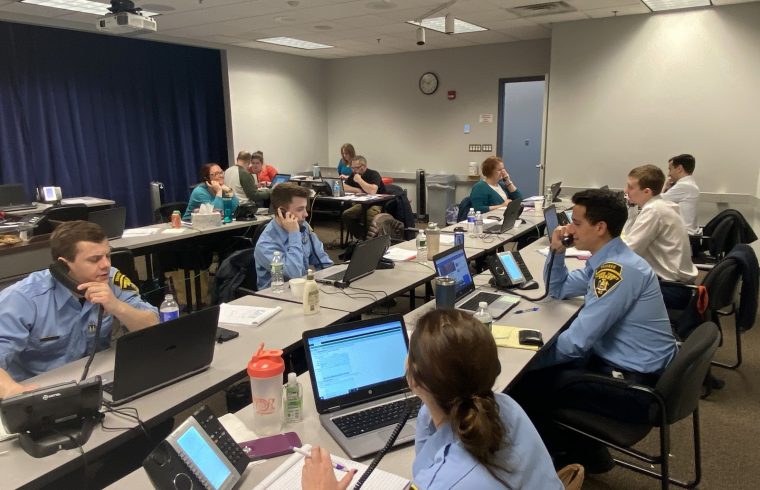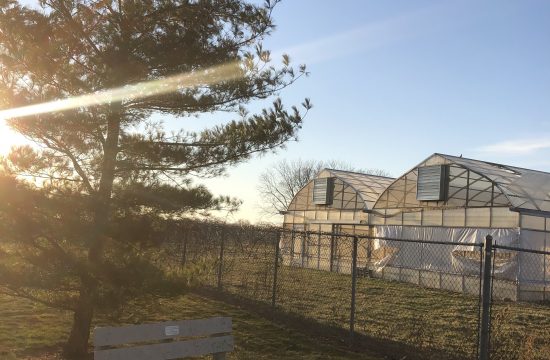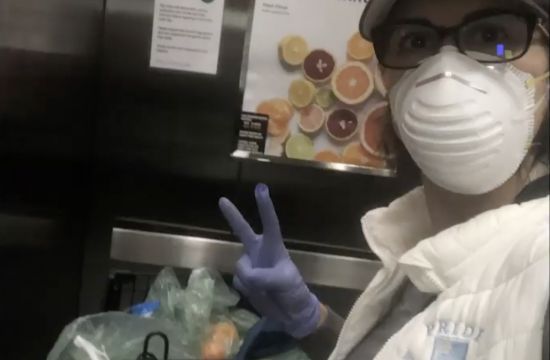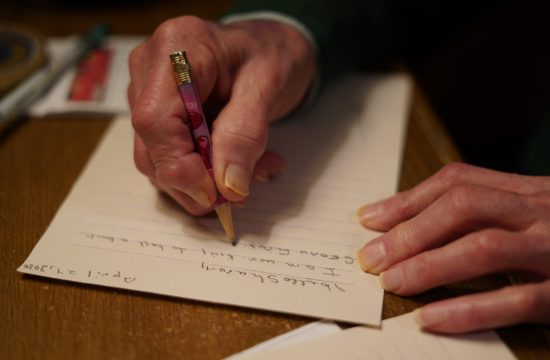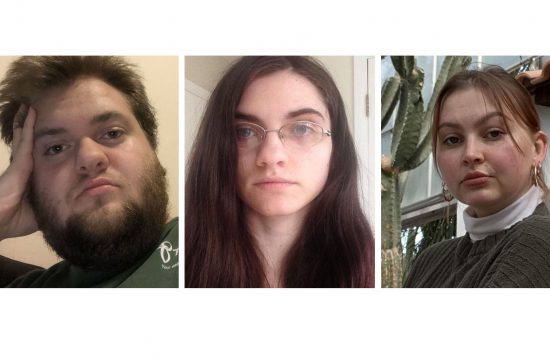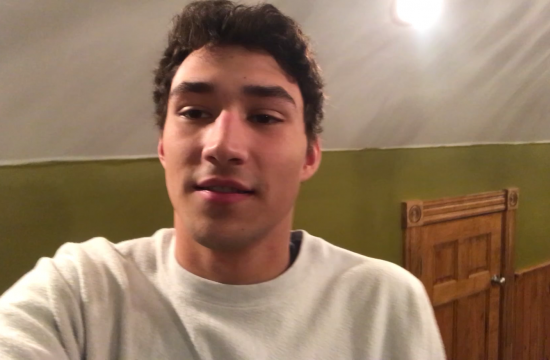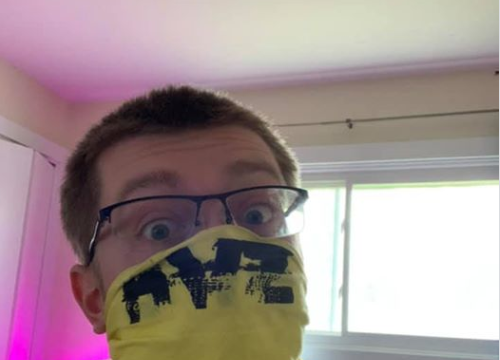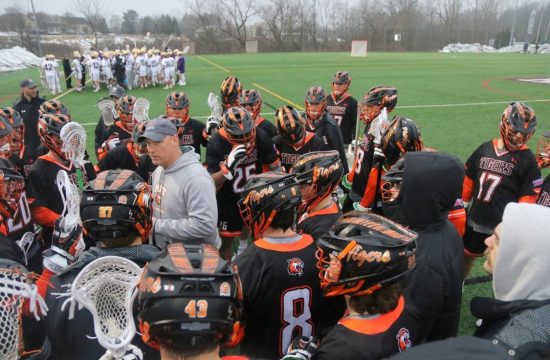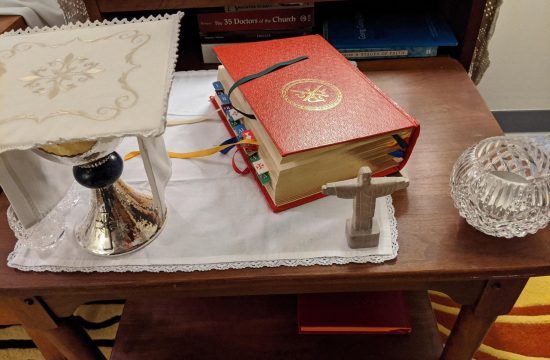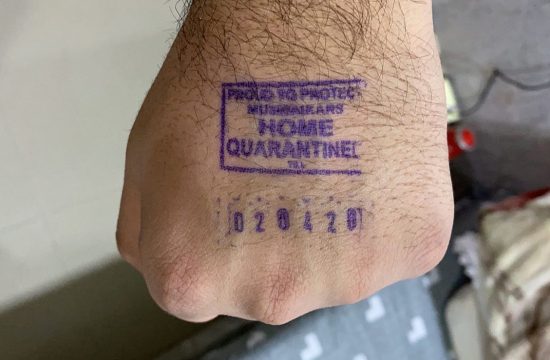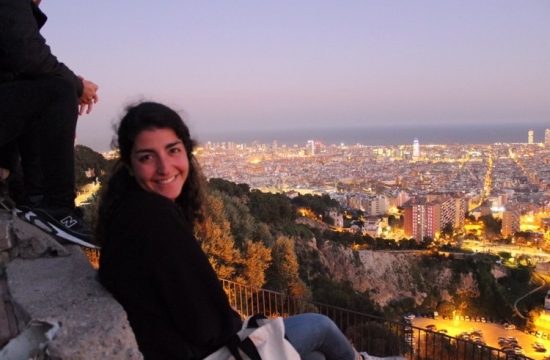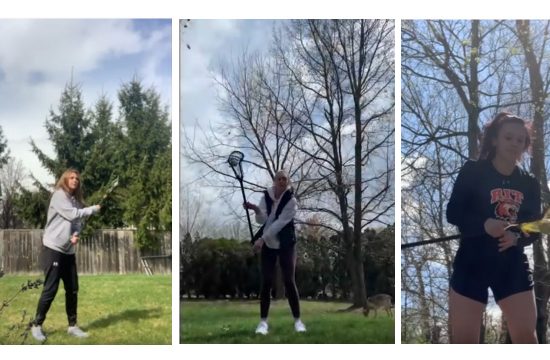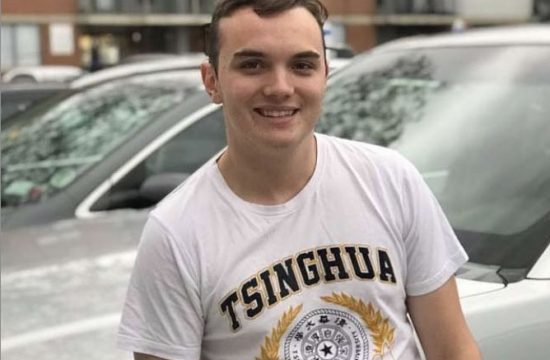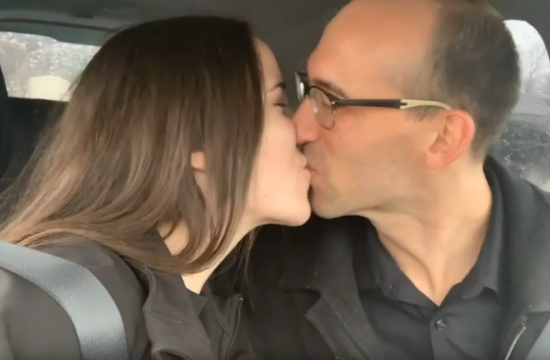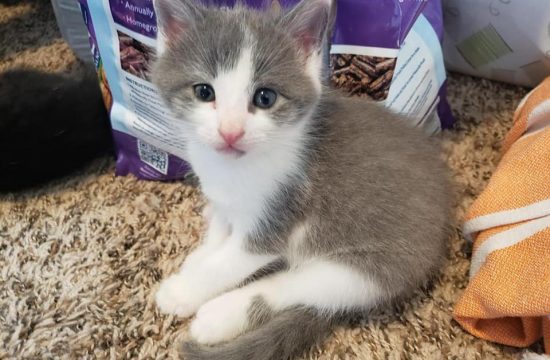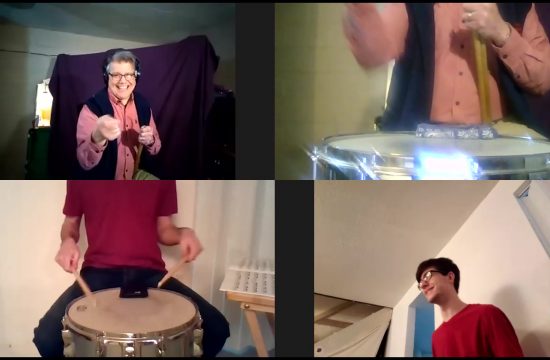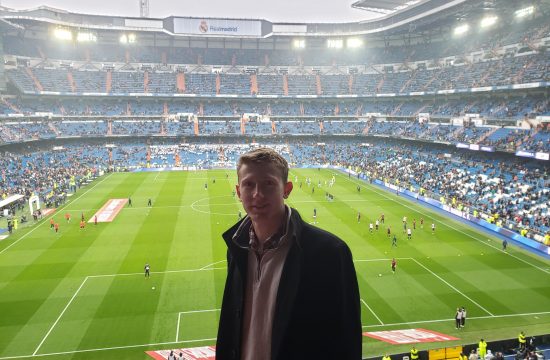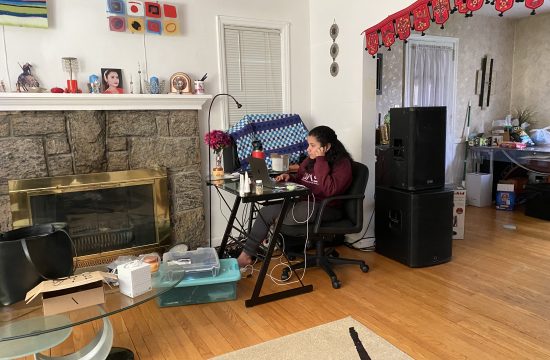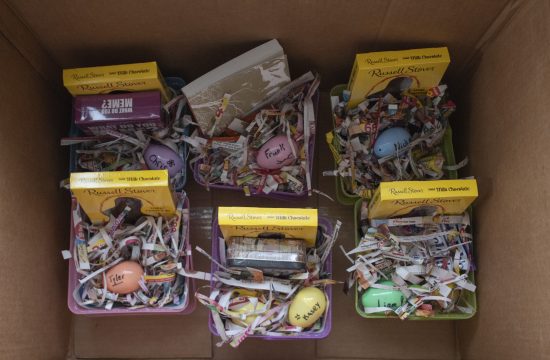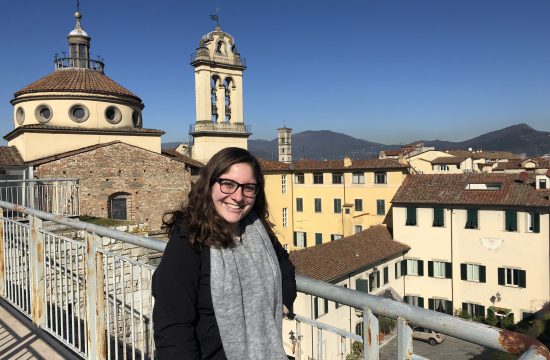by Matteo Bracco
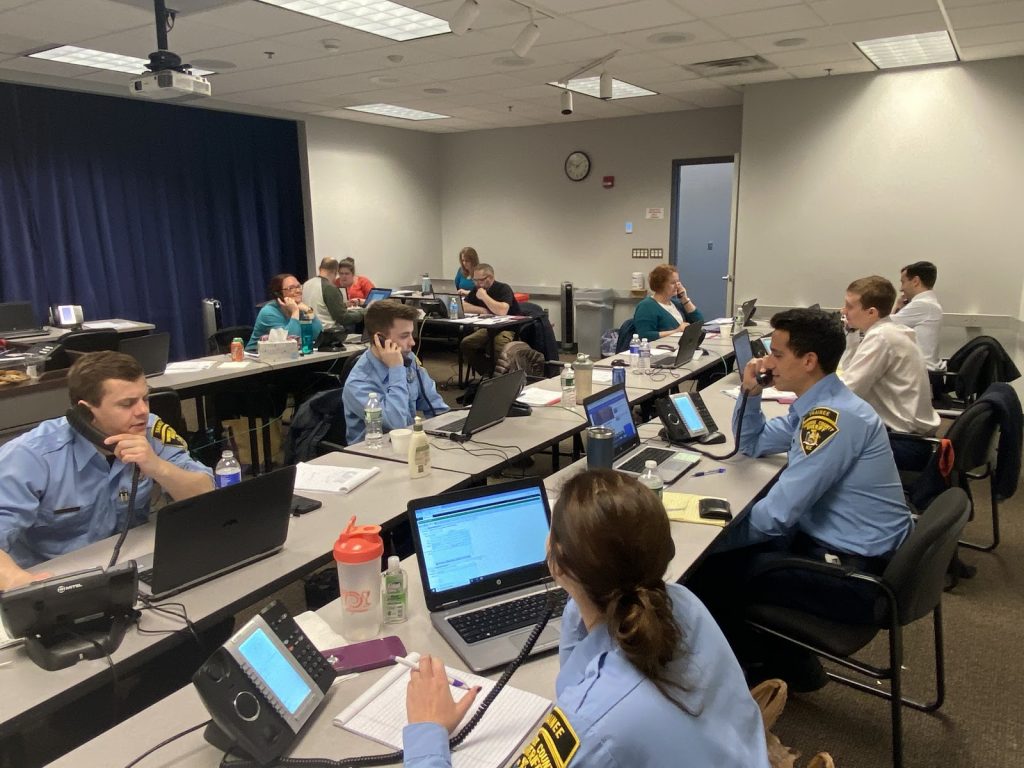
In the early days of March, before the state ordered everyone to stay at home, before wearing masks near others became the standard and before COVID-19 was realized as global pandemic, New York was just starting to take precautionary measures to the “potential threat” of the virus. There was only one confirmed case in the state and they had isolated themself. I was in a confused state myself, still on campus with spring break being extended and classes shifting to online only as a safety precaution. Even though all my roommates had chosen to leave already, at that point I was under the impression everything was a little exaggerated by the media and governments around the world. I thought to myself, “They can’t really cancel our graduation, right?”. Things became stranger in my life as my job was impacted by the virus as well. Previously I was interning with the Monroe County Sheriff’s Office where I created photos and video for them, but the county soon informed everyone that all non-essential employees were not allowed in to reduce risk of infecting the essential employees. Alternatively, I was asked to help man the county’s COVID-19 Hotline. It was set up to answer the public’s growing questions and concerns about the virus as the county’s health office was becoming overrun by calls.
On my first day I arrived at 7:50am in the police and fire academy’s backroom filled with tables and phone banks separated by six feet. The other hotline participants were all employees of the county who had been in their new post for several days. I recognized a custodian, a print shop worker and even the intern to the county legislator. A county health employee provided me with the text prompt that offered a variety of answers to the public’s potential questions. Although at first we were only there to write up a case about a potential infection for the health department to address later, it seemed like most of the calls we received were addressed by simply calming people down by telling them they most likely didn’t have the virus. Many people were concerned about hearing the possible symptoms of the virus Most of the early conversations I had were very calm in nature, light hearted people just wanting more reassurance they didn’t have to fear they had the virus. Yet as days went by, and the situation showed itself to be serious, the nature of these calls started to change. More cases were appearing across the country. The morning of the first confirmed case in Monroe County I found myself starting to worry a bit. Sitting in my car outside the academy before work, the Rochester International Airport across the street from the call center now represented a looming potential threat in my mind.
My first call that morning was a woman crying to me over the phone, “I’m just so scared right now that I might have the virus, I don’t know what to do because I’m at risk”. I wasn’t a doctor or even her family member, but I did the best I could to reassure her that everything would be ok by quarantining and monitoring her health situation. Progressively the call center became more flooded as we did our best to keep answering the people of Rochester’s concerns. The next day as work started an employee showed us Governor Andrew Cuomo’s live broadcast where non-essential businesses were to be closed and strong advice for social distancing was announced. Soon after calls related to businesses poured into the hotline. One confused restaurant owner tried to argue with me that he doesn’t want to lose his business, but accepted that he could allow the food only to be taken out to keep everyone safe. I could understand his anger as my father’s business has had to adapt completely with the current situation. Later on an employee of a local factory, wishing to remain anonymous out of fear of termination, tipped me off to their facilities’ unsanitary environment and refusing to provide Personal Protective Equipment. Soon after a father of an employee at a marketing call center called to inform me of the same poor conditions, and that their kid would be in trouble for not showing up despite the location’s operations being non-essential. I made sure to report to both the county health department for further investigation. On another day my question prompt had changed. Now I was also taking calls from doctors and nurses on the front line, struggling to deal with the potentially infected and a race to process COVID tests. I could feel the exhaustion and frustration in their voices as they worked to get the county back up to speed, having been unprepared for such an increase in their need.
As the days went by and cases spread throughout the county, the importance of our role as hotline workers seemed to change drastically. Now we were dealing with callers who most likely had the virus. I recall multiple people returning from trips to New York City, the nation’s worst infected area, who had been informed they in fact came into contact with those carrying the virus. Calling in they asked me what they should do. I couldn’t believe how many people were essentially carrying the virus and had no way of knowing. The best I could do was reiterate quarantining and distancing, while checking in to see if they had symptoms. I issued an urgent report to the county health department for further investigation for some of them. One man who had come into contact with a confirmed case told me he was turned away from the mobile testing station for not having a doctors note. He was so frustrated because his doctor’s office had suddenly closed without notice and he couldn’t get an appointment with urgent care. I can only imagine how frustrating that must have been. Many people actually hung up on us at the call center at this point. Our number was now being played on local tv stations, and people were waiting for long periods to hear from us. They didn’t feel they were getting the help they needed. I sympathized with their frustrations as well.
In the final days of my time at the call center, what was most upsetting was the impact of the virus on families. Calls were coming in from family members of the sick who were unable to make it to the hospital. An angry caller demanded that I give him the list of nursing homes that could still be visited, but no such list existed. Of the hundreds of calls I received, one still lingers in my mind to this day. An 87 year old man, who came to pick up his wife from the hospital was denied access to her, and wasn’t told where she was being moved. Crying, he told me he was scared for her. And that she was surely scared without him as she was blind and unable to get around on her own. He just wanted to know when he could see her again, having never been separated from her like this. I told him I honestly didn’t know, but I would do everything I could to get him this information. I wonder if he has since even made it to her, and hope they are reunited eventually despite the chaos that COVID-19 has brought us.

